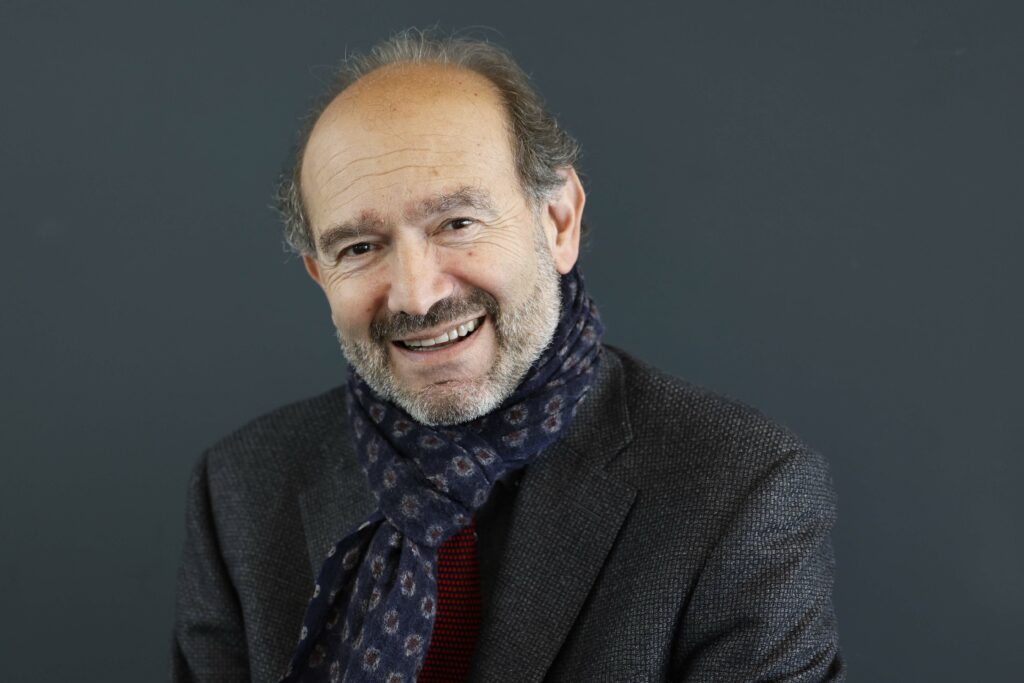The brainers

Philippe Gaudin – Philosopher
Philippe Gaudin holds a degree in philosophy and a doctorate from the École Pratique des Hautes Etudes (EPHE), specialising in religion and systems of thought. He is the former director of the Institut d’Etude des Religions et de laïcité (IREL), which was set up by the Minister for Higher Education and Research within the EPHE in 2002. He divides his time between research, conferences and training courses on secularism and religious issues in the contemporary world. He works for the Ministry of Education, hospitals, the Ministry of Justice and the Ministry of the Interior. He also works with associations and companies. His publications include: ‘Vers une laïcité d’intelligence en France? ‘and ‘Tempête sur la laïcité’.
This brainer takes part in round-table discussions, offers improvisation sessions and the following solo talks:
Why is the question of secularism now at the heart of the French political debate?
Secularism as a philosophical and legal principle has enabled a political balance to be struck in France between Catholics, Jews, Protestants and people with no religious affiliation. The current secularization of society, the decline of the great ideologies of replacement, and the demands expressed in the name of Islam are changing the situation...
Putting France's political and religious history into perspective to understand its major societal challenges
This new state of affairs, this unprecedented situation, can only be grasped if we understand what has determined the religious and political style of French history. From the assertion of the State by royalty to contemporary globalization, generating identity-based anxieties, via the Wars of Religion, the Revolution and the separation of Church and State.
Religious facts and business
Corporate life is one aspect of social life. As elsewhere, for the life of individuals, the principle is freedom, but within a specific legal framework where it is protected and limited. This framework is not that of the secular nature of the State and its various public functions.
Secularism as a model for managing diversity
Diversities are diverse (cultural, religious, social, sexual, ethnic, age, disability-related, etc.!). Secularism can therefore be seen as a model for managing the diversity of religious and philosophical convictions, from which we can draw inspiration for other forms of diversity.
Introducing the thought of the great philosophers
Philosophers are both of their time and out of their time. The exercise - a classic one! - is to understand how their historical thinking helps us to think and live today.